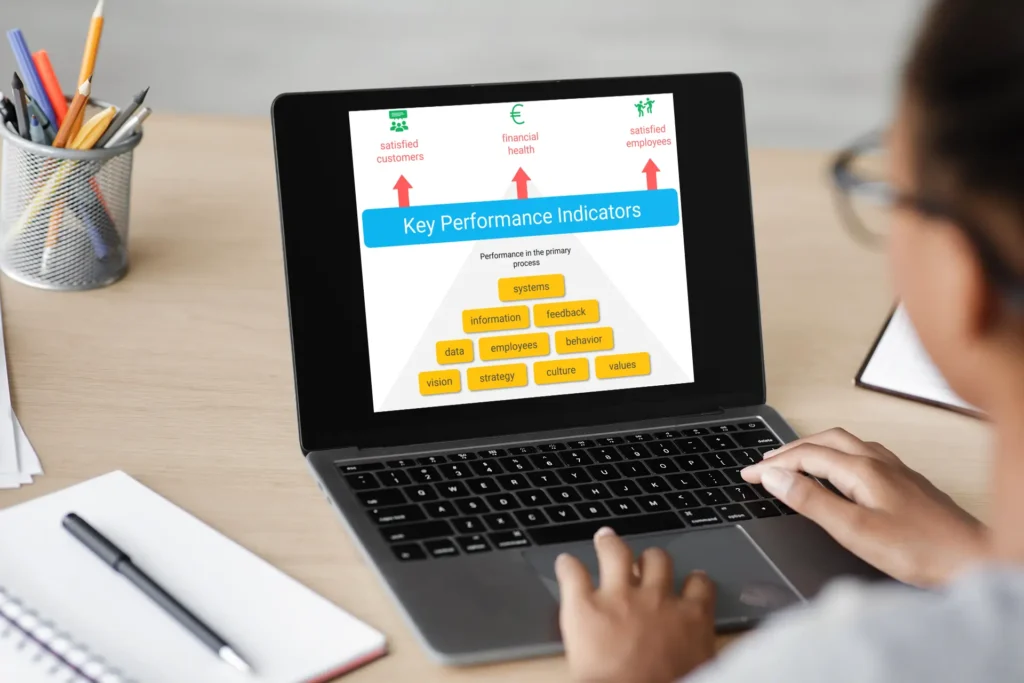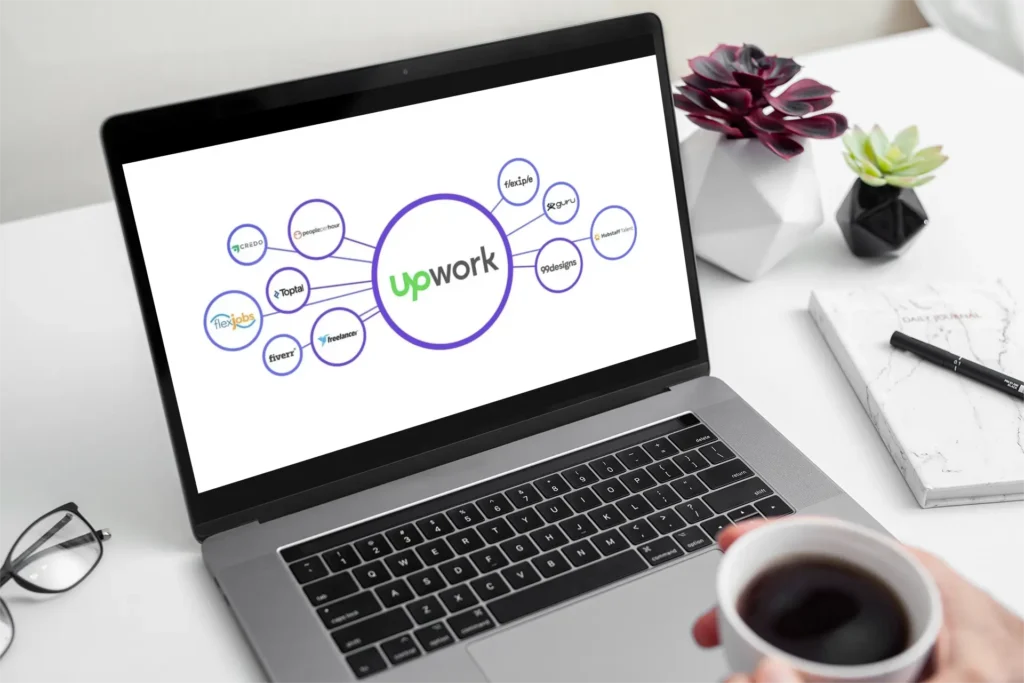Table of Contents
Understanding the Importance of Reliable Freelancers
Hiring trustworthy freelancers is critical to the success of any project, especially in today’s dynamic business world. The importance of dependable freelancers cannot be emphasized, since they can significantly impact the quality and timeliness of your work. Engaging dependable freelancers reduces the chance of missing deadlines, inadequate work, and poor communication, all of which are frequent problems that can derail projects and harm a company’s reputation.
One of the primary advantages of outsourcing to reliable freelancers is the flexibility it brings to your operations. Freelancers offer the ability to scale your workforce up or down based on project requirements, allowing businesses to adapt swiftly to changing needs without the long-term commitments associated with full-time employees. This flexibility is especially beneficial for startups and small businesses that may not have the resources to maintain a large, permanent staff.
Cost-effectiveness is another significant benefit. Hiring freelancers can reduce overhead costs related to office space, equipment, and employee benefits. By paying for services only when needed, businesses can allocate resources more efficiently, which is particularly advantageous during fluctuating economic conditions. Additionally, freelancers often bring specialized skills and expertise that may not be available internally, providing access to a diverse talent pool that can drive innovation and enhance project outcomes.
Reliable freelancers also contribute positively to business operations and productivity. With a dependable freelancer, you can expect consistent communication, adherence to deadlines, and high-quality deliverables. This reliability ensures that projects run smoothly, which can improve client satisfaction and bolster your company’s reputation. Furthermore, the ability to delegate tasks to skilled freelancers allows your internal team to focus on core business activities, thereby optimizing overall productivity.
In summary, the impact of reliable freelancers on project success and business efficiency is substantial. By carefully selecting dependable freelancers, organizations can reap the benefits of flexibility, cost savings, and access to specialized skills, ultimately leading to improved performance and competitive advantage in the marketplace.
Key Indicators of a Reliable Freelancer

When seeking a reliable freelancer, several key indicators can help you make an informed decision. One of the most critical aspects is a strong portfolio. A well-curated portfolio showcases the freelancer’s expertise and past work, allowing you to assess the quality and relevance of their skills to your project. Look for diversity in their work and consistency in delivering high-quality results.
Positive client testimonials and high ratings on freelance platforms are also essential. These reviews provide insight into the freelancer’s reliability and professionalism. Consistent positive feedback is a good indicator of their ability to meet client expectations and deliver projects on time. However, it is important to read through the reviews carefully, noting any recurring themes or issues that might be relevant to your needs.
Responsiveness and clear communication are critical traits of a dependable freelancer. Quick replies to inquiries and a proactive approach to communication can significantly impact the success of your collaboration. Pay attention to their initial interactions; a reliable freelancer will be prompt, articulate, and transparent about their availability and project timelines.
Professionalism in their profile and interactions is another vital factor. A well-organized profile with a clear description of their skills, experience, and services reflects their commitment to their freelance career. Look for freelancers who present themselves professionally, as this often correlates with their work ethic and reliability.
Relevant experience, skills, and educational background are crucial in determining a freelancer’s suitability for your project. Ensure that their expertise aligns with your specific requirements. For instance, if you need a graphic designer, their portfolio should include similar projects, and their skill set should match the technical demands of your task.
To evaluate these indicators effectively, consider asking for work samples, conducting interviews, and verifying their credentials if necessary. These steps can provide additional assurance of the freelancer’s capabilities and reliability. Ultimately, a combination of these factors will help you spot a reliable freelancer who can deliver quality work and contribute positively to your project.
Evaluating Freelancer Profiles on Different Platforms

When seeking reliable freelancers, it’s crucial to evaluate their profiles meticulously across various platforms such as Upwork, Fiverr, and Freelancer. Each platform offers unique features and metrics to aid in the assessment process, enabling you to make informed decisions.
On Upwork, a freelancer’s work history and client feedback are paramount. Detailed job descriptions, duration of completed projects, and client ratings provide insight into a freelancer’s performance and reliability. Look for consistent positive feedback and long-term client relationships. Upwork also offers skill assessments and certifications, which can validate a freelancer’s expertise in specific areas. Be wary of profiles with minimal work history or inconsistent ratings, as these can be red flags.
Fiverr operates slightly differently, focusing on “gigs” or specific services that freelancers offer. Here, reviews and ratings are crucial. Examine the number of completed orders and the quality of reviews. High ratings and positive testimonials from repeat clients can indicate reliability. Fiverr also features seller levels, which categorize freelancers based on their performance and client satisfaction. Higher-level sellers usually have a proven track record of delivering quality work.
On Freelancer, the emphasis is on completed projects and client reviews. The platform provides a percentage score called the “reputation” which aggregates freelancer’s success across various projects. A higher reputation score generally signifies a reliable freelancer. Additionally, Freelancer allows users to see verified skills and certifications, bolstering the credibility of the freelancer’s claimed expertise.
To differentiate between genuine and potentially misleading profiles, cross-check freelancer information. Verify the consistency of their work history, feedback, and skill endorsements. Profiles with scant details, stock images, or overly generic descriptions can be warning signs. For further verification, consider conducting brief interviews or requesting work samples to gauge their suitability for your project.
By leveraging these platform-specific features and conducting thorough evaluations, you can significantly increase the likelihood of hiring reliable freelancers who meet your project needs effectively.
Best Practices for Hiring and Managing Freelancers

Hiring and managing freelancers effectively requires a strategic approach, beginning with the establishment of clear expectations. From the outset, it is critical to communicate your project’s objectives, scope, and desired outcomes. Crafting a detailed project brief that includes specific requirements and deliverables will provide freelancers with a comprehensive understanding of what is expected.
Equally important is the establishment of milestones and deadlines. Breaking down the project into smaller, manageable tasks with associated deadlines can help both parties track progress and address any issues promptly. This approach not only keeps the project on schedule but also provides opportunities for regular assessment and adjustment.
Effective communication is the cornerstone of successful freelancer management. Regular check-ins, whether through scheduled meetings or periodic updates, ensure that the freelancer remains aligned with the project’s goals. These sessions also offer a forum for providing constructive feedback, which can be invaluable for maintaining quality and fostering improvement.
Formal contracts and agreements are essential for protecting both parties involved in the freelance arrangement. A well-drafted contract should outline the scope of work, payment terms, intellectual property rights, and confidentiality clauses. This legal framework helps mitigate risks and sets clear boundaries, contributing to a smoother working relationship.
Lastly, fostering a positive working relationship can significantly enhance the quality of work and overall project success. Showing appreciation for the freelancer’s contributions, offering timely and constructive feedback, and creating an environment of mutual respect can motivate freelancers to deliver their best work. Building a rapport and understanding their professional goals can also lead to long-term, mutually beneficial collaborations.
By implementing these best practices, you can effectively hire and manage reliable freelancers, ensuring that your projects are executed efficiently and to a high standard.


